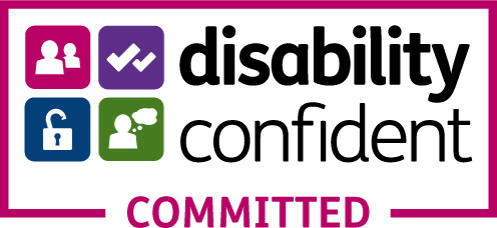How a desirable company culture can attract talent
For decades, interviewers have been asking candidates “What attracted you to work for our company?” yet for a long time, the onus seemed to be placed on the applicant to come up with a legitimate reason for wanting the job.
Changing times
This is changing, as more companies become aware of the influence their culture in general has on attracting and retaining top talent in their industry – whether that means a commitment to environmental standards, charitable giving, or fair and flexible treatment of employees.
When you set standards for your company, it sends a clear message that you want to be among the best in your business; and even more importantly, when you actually adhere to the standards you set for yourself, it reinforces that message for anyone who might be interested in becoming a part of your organisation.
On a mission
A ‘company’ by definition depends on its human capital, and while you can write a mission statement quite easily, working that into your company culture is more of a challenge because you must ensure people at all levels of your organisational hierarchy are engaged and incentivised to do their bit.
But even if you have no mission statement written down, it’s important to recognise that you already have a company culture in real terms – whether that is a happy, positive and collaborative environment or, in the less desirable scenarios, if individuals within your firm are less supportive of one another.
The risk you take if you don’t put a positive culture in writing is that your organisation will take on a personality of its own, and if you are not specifically observing and driving towards more positive outcomes, then the backstabbing, pessimistic people can often find their way to the top.
Thinktank
To define a better company culture, think about your long-term vision, the reason why your company exists – and any positive contribution it can make to society at large – the values that you and your employees share, and any unique characteristics that set you apart from other businesses in your industry.
When it comes to recruiting top talent, this will all stand you in good stead, and it’s not just about having a specific company culture to impress upon applicants as a way of making them want to work for you – it also helps you to handle other areas of the interview, too.
For instance, by knowing your core company values, it can be much easier to spot these attributes in applicants, especially among so-called ‘soft skills’ where there might not be a qualification to prove the applicant’s aptitude.
You can probe interviewees for evidence of agreement or alignment with your company culture, to try and make sure that they will fit in well among their fellow employees, if you decide to give them the job – and to help highlight anyone who is less likely to feel at home in your organisation, and might therefore leave their role sooner.
Even publishing your company culture as a statement on your website can be useful, as when applicants come for their interview, you can test for evidence that they have seen the page – and proof that they have done some slightly more in-depth investigation into whether they want to work for you or not.
It’s about attracting, assessing and retaining the very best talent from the available applicant pool, and improving working conditions for your existing employees while creating a more positive external appearance for your firm too – making a positive company culture a true win-win situation for all concerned.
Our Awards and Accreditations













 03333 235 900
03333 235 900 Login / Register
Login / Register
